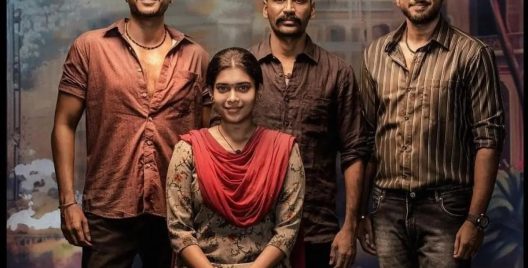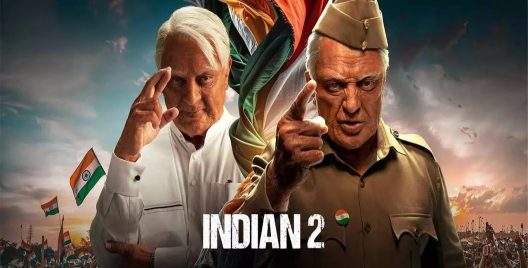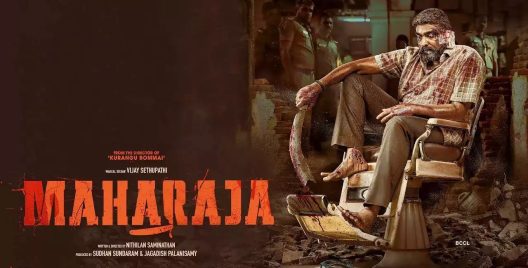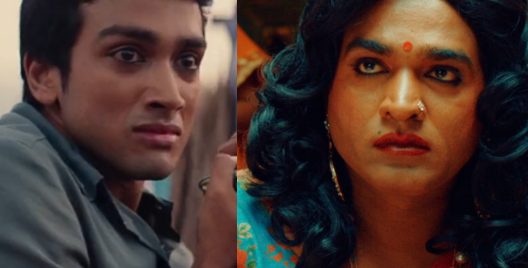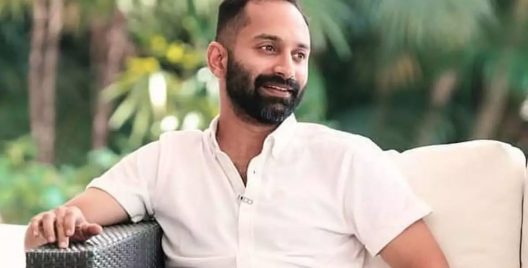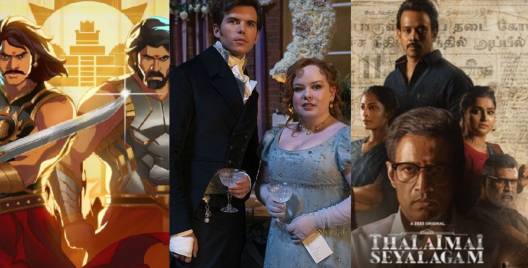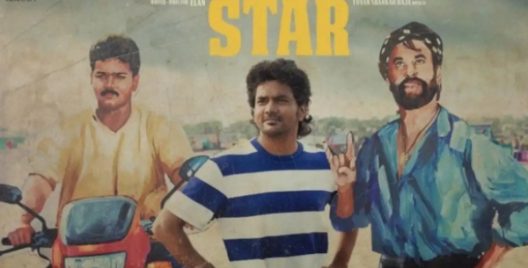Here are times when Tamil Cinema normalized toxic masculinity portrayed by the male protagonist:
Sivakasi
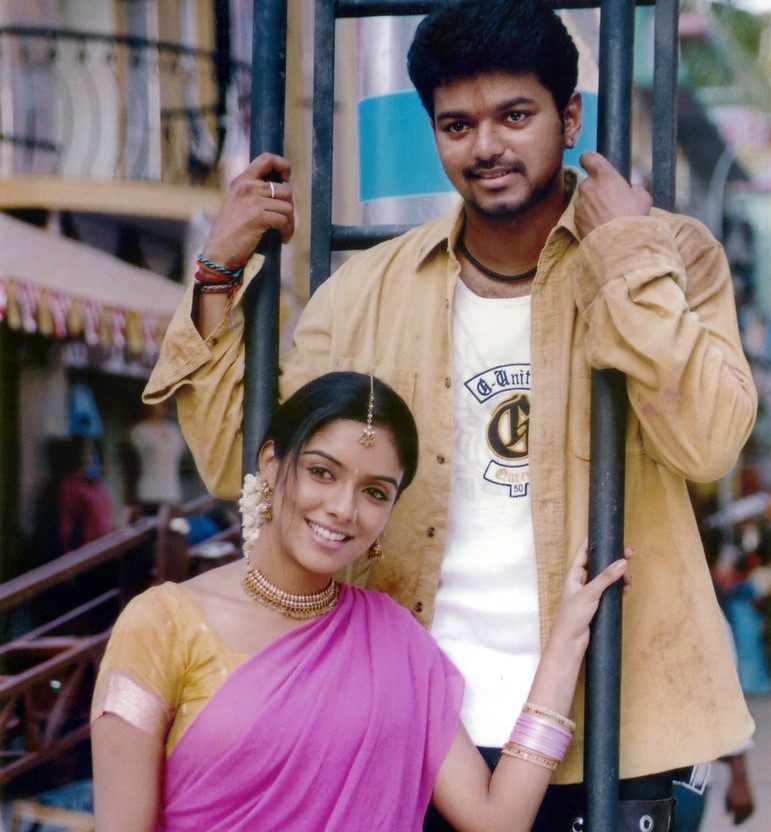
In the introduction scene of Hema, played by Asin, she’s wearing a short skirt and a tank top and a creep tries to grope her. Like any woman would and should do, she stands up for herself and hits him. Chaos erupts and the entire crowd stands by and watches the creep getting beaten up by her. That’s when our male protagonist comes in and acts as a savior, calling out on the creep. He then takes a look at Hema’s outfit, and comments about it, justifying the creep’s act saying if a woman wears anything other than a Saree or half-saree, men tend to get these thoughts. The protagonist’s friends calps and cheers for his misogynistic speech. The female protagonist in the later scene is shown wearing a half-saree. So, objectifying women and justifying groping by saying that her outfit is at fault is normalized and glorified because it is done by the male protagonist who is supposedly the “hero”?
Padayappa
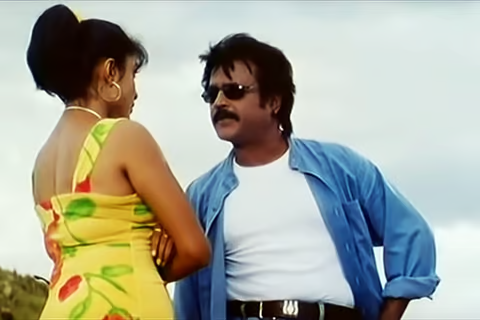
There are a lot of instances in this film where the male protagonist preaches misogyny and is being celebrated and glorified for it. In the scene, after Padayappa meets Vaundara, he’s sitting with his friends, playing the harmonica, lost in his thoughts. He then asks his friends about Vaundara where he delivers a speech describing 3 characteristics of women. One who looks divine, the ideal woman for marriage or love, one who is suitable for just physical relationships, and one who is feared and thereby unfit to be categorized as a woman. This scene is meant to be comical but, nothing about describing and categorizing women as fit or unfit for love and marriage is comical. In another scene, our “hero” advises Neelambari that a woman is supposed to be silent, not authoritative. She should be composed, not loud. She has to be soft-spoken, not aggressive, in short, a woman must act like a woman. This again is glorified and normalized because it was said by a supposedly “hero”.
Yaaradi Nee Mohini
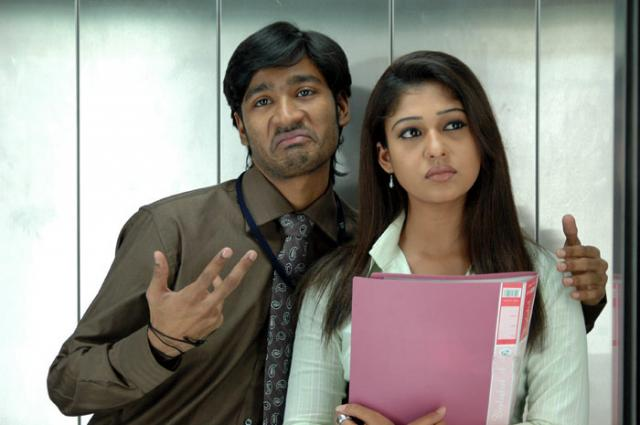
Stalking and forcing a woman into a relationship despite her clear rejections is one of the prominent plots of Tamil Cinema. Our “hero” Vasu, goes behind Keerthi, whom he randomly meets on the street and immediately falls for her, and starts stalking her. He then takes stalking to the next level by joining the company she works for and stalks her at her workplace too. Despite her clear rejections in the song, “Nenjai Kasakki” he constantly pulls her into dancing with him while trying to get intimate with her. Keerthi removes herself from the situation, expressing her displeasure as openly as possible, and sets her boundary with Vasu saying that she’s already engaged. Even after that, Vasu continues to pursue her and later loathes her for accidentally slapping his father who shows up at their workplace to convince Keerthi to choose Vasu over the guy she’s engaged to. Later the “hero” guilt trips her and finally makes her fall in love with him.
Varalaru
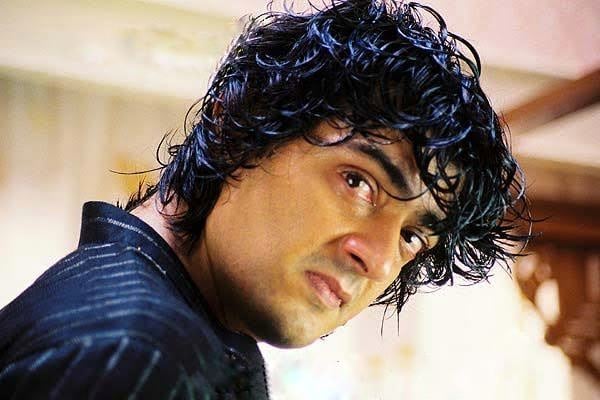
In the backstory of Shivashankar, he’s shown as a dancer who has feminine mannerisms. His mother and Gayathri’s mother decide to get them married. Gayathri who saw his photos and dance videos alone and is unaware of his feminine mannerisms, agrees to the marriage prospect. Gayathri becomes aware of his feminine mannerisms on the day of the wedding and she immediately calls off the wedding. Her mother is enraged by this and seeks reasoning to which Gayathri questions Shivashankar’s manhood. Due to the chaos, Shivashankar’s mother dies of a heart attack, and enraged Shivashankar decides to rape Gayathri to prove his “manhood”. When Gayathri’s mother questions him for raping her daughter, he justifies it by saying that if someone says you can’t do something, you can prove them wrong by doing it but, if someone questions your manhood, you’ve to prove them like this aka prove them by raping them and the mother turns into a huge supporter of her daughter’s rapist and roots for their reunion. The trauma of a rape victim is joked upon when she tries to abort the kids he impregnated by raping her.
Something Something
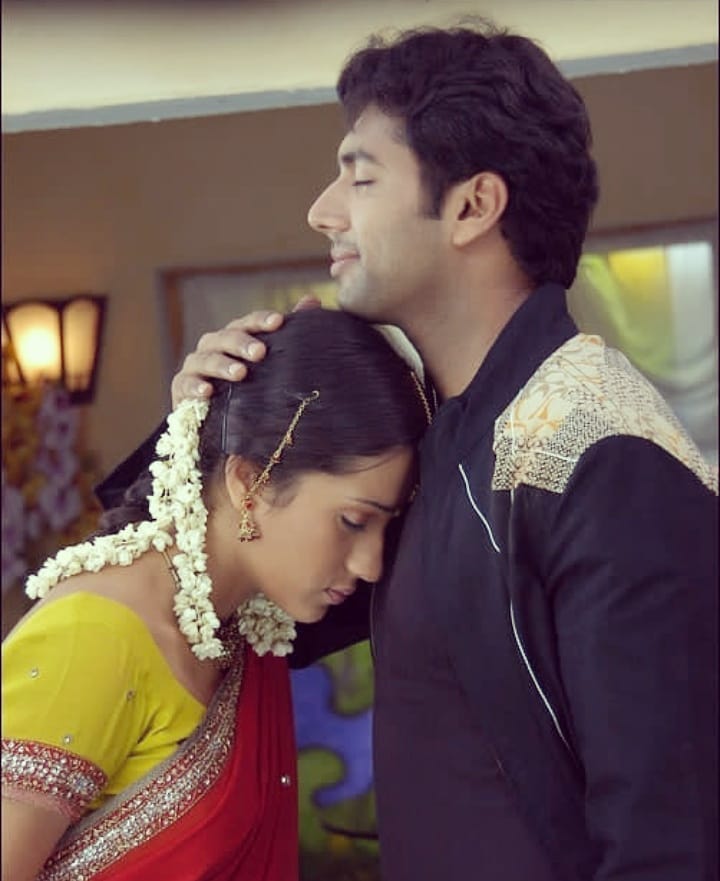
Once the “hero”, Santhosh successfully makes the female protagonist, Kavitha fall in love with him by constantly stalking, forcing, and gaslighting her, he initiates a kiss to which the female protagonist says she needs time to be comfortable with kissing someone. Our hero, like most of the Tamil heroes, doesn’t listen nor acknowledge her discomfort and continues to pursue her for a kiss. She continues to refuse and accidentally slaps him. Now, the “hero” gets angry and ignores Kavitha while being grumpy to everyone else, and guilt trips her subtly. Kavitha feels sorry for refusing the kiss and apologizes to Santhosh. Santhosh stops her from apologizing and apologizes to her later. While “no means no” should be understood by the “hero”, he grew angry with her for saying no and her consent was not taken into account. Instead, she was pushed into feeling guilty for setting her boundaries.





